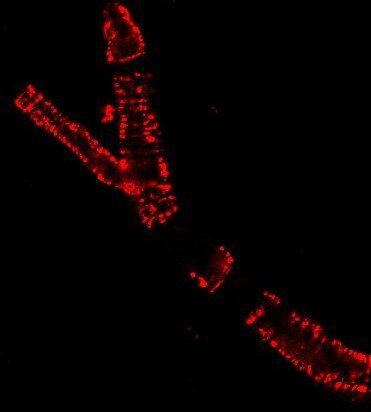Another surprising fact is that genes that control zinc levels within cells are known to be associated with cardiovascular diseases including hypertension, and hypertension is also a known side effect of zinc deficiency. This new research provides explanations for these previously known associations.
High blood pressure, or hypertension, is the leading modifiable risk factor for cardiovascular diseases and premature death worldwide. And key to treating patients with conditions ranging from chest pain to stroke is understanding the intricacies of how the cells around arteries and other blood vessels work to control blood pressure. While the importance of metals like potassium and calcium in this process are known, a new discovery about a critical and underappreciated role of another metal—zinc—offers a potential new pathway for therapies to treat hypertension.
The study results were published recently in Nature Communications.
All the body’s functions depend on arteries channeling oxygen-rich blood —energy—to where it’s needed, and smooth muscle cells within these vessels direct how fast or slow the blood gets to each destination. As smooth muscles contract, they narrow the artery and increase the blood pressure, and as the muscle relaxes, the artery expands and blood pressure falls. If the blood pressure is too low the blood flow will not be enough to sustain a person’s body with oxygen and nutrients. If the blood pressure is too high, the blood vessels risk being damaged or even ruptured.










Comments are closed.